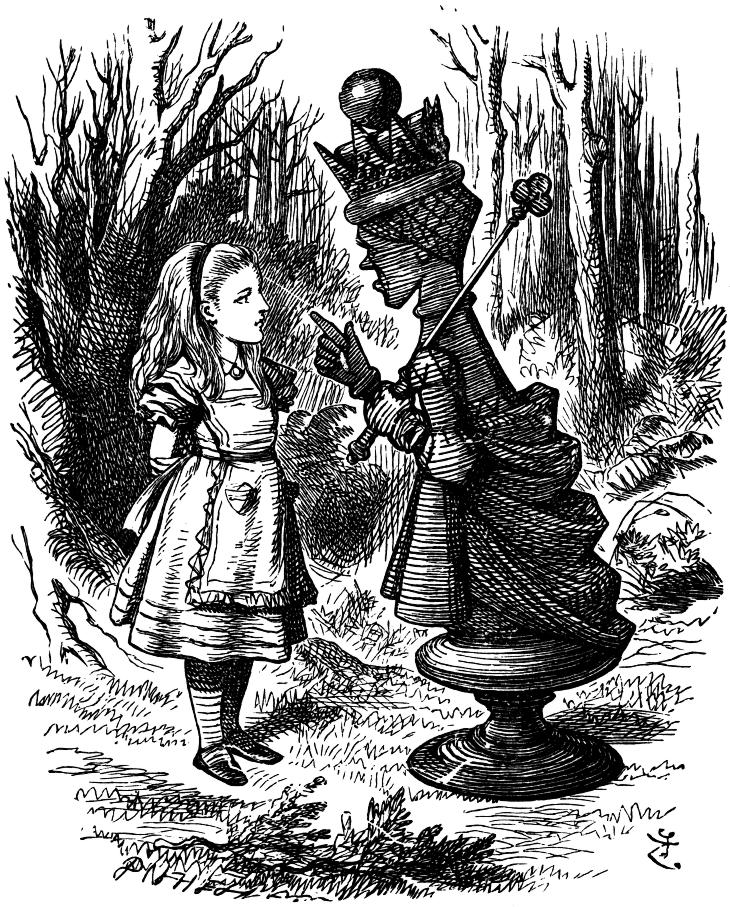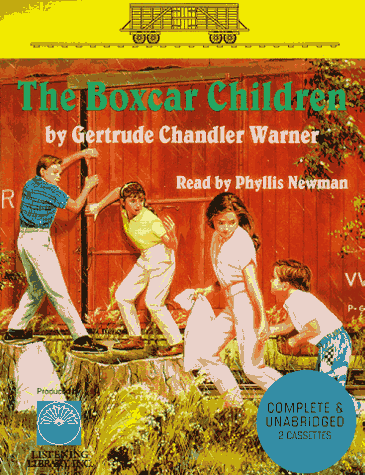Looking
Towards Reality
Life isn't always easy, and one thing that I've found to
be true time and time again is that it will shock you back to reality at the
earliest possible moment. Perhaps somewhat counter-intuitively, I've found that
the American Realism movement, which embodies a large portion of the idea
mentioned above, speaks the most poignantly to me. One author in particular,
Ambrose Bierce, is a favorite of mine. His short work, Chickamauga, is one
example of many where I feel he uses poignant realism to drive home the harsh
realities of life.
"One sunny autumn afternoon a child
strayed away from its rude home in a small field and entered a forest
unobserved. It was happy in a new sense of freedom from control, happy in the opportunity
of exploration and adventure; for this child's
spirit, in bodies of its ancestors, had for thousands of years been trained to memorable feats of
discovery and conquest... From the cradle of its race it had conquered its way
through two continents and passing a great sea had penetrated a third, there to be born in war
and dominion as heritage."
The opening passage to
Chickamauga is moving to me because it relates to the reader of the confidence
we have in ourselves when life is going well. I find this relates well to my
personal life. I grew up in an otherwise excellent middle-class home where I
did sports and was good at school, but was struck by mental and physical
illness around the time I was 15. My physical and mental illness became severe
enough that I was forced to drop out of high school and stay at an in-patient
hospital for some time. During this time I wasn't allowed to speak with my
friends, and I had limited contact with my family. Eventually I was released
when they felt the medication had stabilized me enough to live a somewhat
normal life, but truthfully I was still very far from that point. At this point
in my life I had no friends I could safely associate with, my family didn't
completely understand what was wrong with me, and I suffered excruciating
depression at my plight.
They
were men. They crept upon their hands and knees. They used their hands only, dragging their legs. They used their knees only,
their arms hanging idle at their
sides. They strove to rise to their feet, but fell prone in the attempt. They
did nothing
naturally, and nothing alike, save only to advance foot by foot in the same direction.
The story of
Chickamauga is one of a boy who imagines himself on the field of battle, only
to fall asleep and actually find himself in the aftermath of a real battle.
Here the story relates to the broken bodies of the survivors in their dreadful
attempt to escape their agony. In relation to myself, I felt as if my illness
had rendered me paralyzed with life. I felt as if I was a soldier who had been
broken and beaten, and the people around me were like the boy who could never
understand the reality of the situation.
Shifting his position, his eyes fell upon
some out-buildings which had an oddly familiar appearance, as if he had
dreamed of them. He stood considering them with
wonder, when suddenly the entire plantation, with its inclosing forest, seemed to turn as
if upon a pivot. His little world swung half around; the points on the compass
were reversed. he recognized the blazing building as his own home!
At the end of the
story, the boy awakes from his battle fantasy to find that his own home and
family have been consumed by the reality of war. In the story, the boy stands
there with "quivering lips," and the story ends.
This concept of a sudden awakening in Bierce's stories is
one I find I can relate with time and time again. From the time we're born and
raised, I believe all of us expect that we'll live a normal life. We believe
we'll excel at the things we enjoy, and that eventually we'll find happiness in
the order we set for ourselves. In my experience, however, life is anything
except a lesson in normalcy. My illness crippled my dreams of a normal high
school experience with all the "normal" friends and activities. Even
now, I find it's a struggle just to balance my illness against every day adult
life. No matter what I want to imagine, life doesn't care what I want out of it.
This "awakening" to reality has left me with many questions: How can
a person be happy when your life is burned to the ground? Is it fair to the
child in "Chickamauga" that his fantasy became a morbid reality? Is
anything "fair" to any of us?
These questions are ones the Bierce forces on his
readers. Bierce never gives us a straight answer to any of these questions
though. More often than not, his stories follow the same path that life does:
we live under the illusion of control, and life shocks us back to reality. The
point of "Realism" is not to answer life's questions, but to remind
us that the world doesn't care about what's "right" and
"wrong." Life and reality simply happens, and we have to find our own
methods of dealing with it. For myself, I'm still looking for ways to deal with
my own reality. In the meantime though, I find that Ambrose Bierce's
"Chickamauga" does an excellent job posing a reality that few of us
can challenge.



















..jpg)










